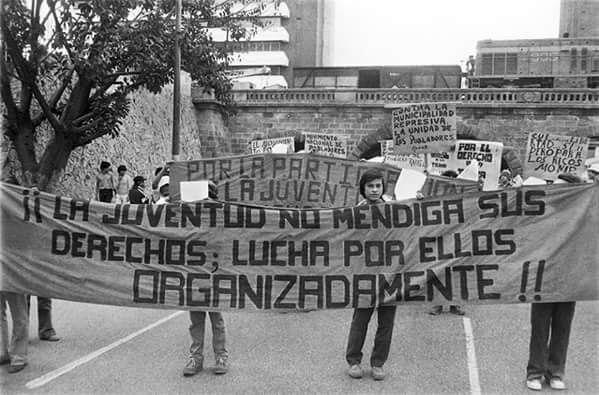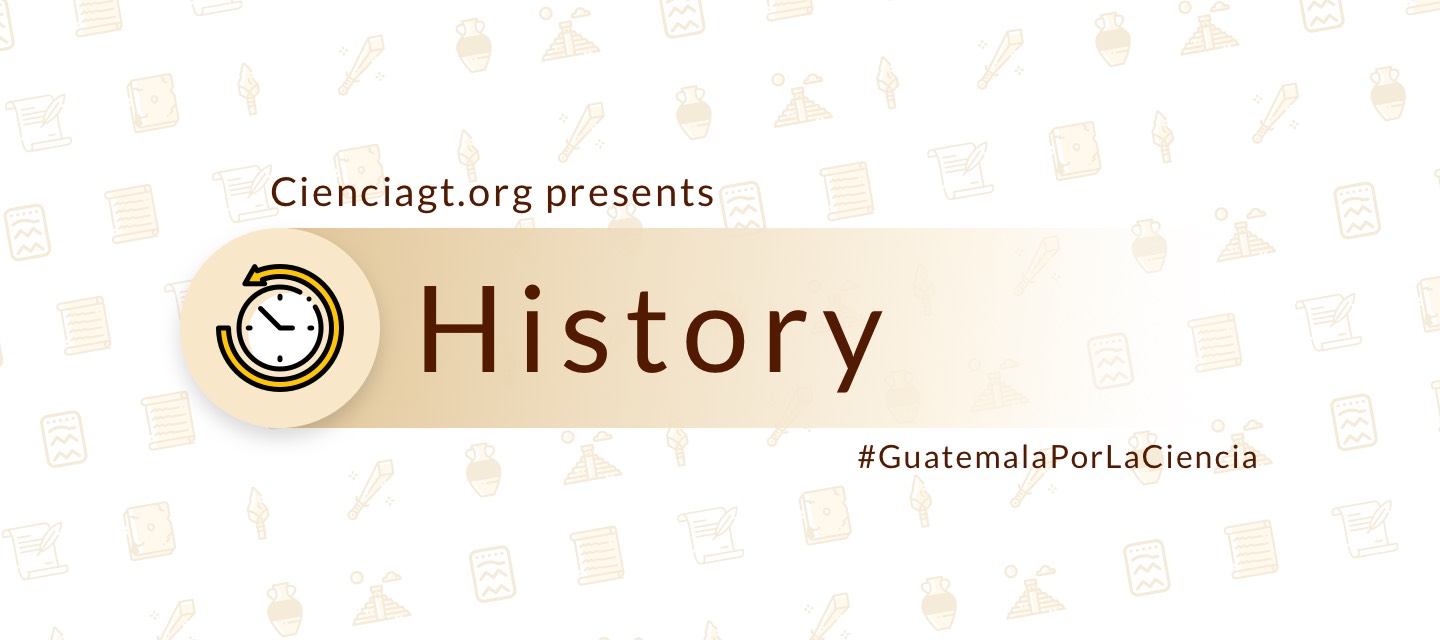History’s purpose is often questioned because it is believed that it does not affect the daily life of normal people; even in the Academy, its role as a science is doubted.
Usually, citizens believe that the work of History is limited to remind us of important personalities and dates. However, this is a consequence of how we have rote-learned History in school.
There is a popular acclaim that says “whoever doesn’t know their history, is condemned to repeat it”, and this is completely true, but the central point is not what happened but how it happened. This is what encourages reflection and, in consequence, has a pedagogical role for citizens.
Thus, to understand how we function as a society, it is necessary to resort to history, because our future is chained to past events.
History is useful, for example, to understand the ideological polarization we are suffering today, where we’re trying to reduce everything to a fight between the righ-wing and the left-wing; this is not casual but causal. Also, it is used to detect when some politicians manipulate history in order to adjust it to their discourse.

A historian’s labor can be compared to solving a ten-thousand piece puzzle, when only we’re given two-hundred. Therefore, history is often making use of other disciplines; sociology, demography, archaeology, architecture, anthropology, etc., help History to assemble this big puzzle.
In Guatemala, there is a lot of work that has to be done, not only because there are several gaps in our past, but also because sometimes it is necessary to rewrite history. It is imperative that we change the form in which we are teaching history in order to make it more attractive and welcoming to critical analysis and debate.
I invite everyone to forget shyness and come closer to this wonderful science.
Translation by Andrea Martínez.
